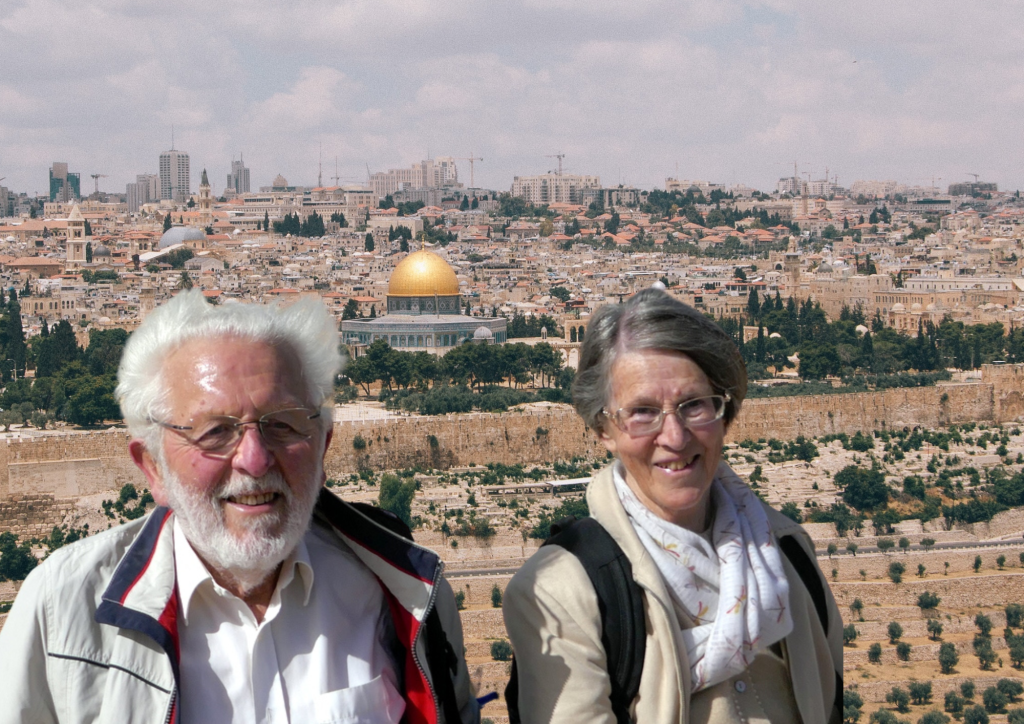
The Balfour Project was established by Roger and Monica Spooner following a visit to Jordan in 2008. They visited an exhibition of the McMahon-Hussein correspondence in Aqaba and learned that in 1915 Britain had promised the Arabs a state which would stretch across the Near East including Palestine, in return for a military alliance against the Ottoman Empire which controlled the Arab world and was allied with Germany.
The Spooners then made their first visit to Palestine and Israel where they learned that with the Balfour Declaration of November 1917 Britain reneged on its promise to the Arabs of two years earlier. In this short statement the British promised the Jews a homeland in Palestine. Many Palestinians they met blamed Britain for the loss of their nation and their current dispossession.
Looking more deeply at Britain’s contradictory promises, Monica asked many people: “How will Britain mark the centenary of the Balfour Declaration in 2017?” Two people offered to work with her and an informal group met for the first time in 2011 using the working title Balfour Project. They set up a website and bought the title www.balfourproject.org. The first articles were published in 2011 with the aim of educating the British and challenging the government to acknowledge its historic responsibilities towards Palestine.
The Balfour Project organised its first conference, Broken Promises: Britain in Palestine, in 2012. A short film and accompanying exhibition, both titled Britain in Palestine 1917-1948, were produced and first shown in Oxford in 2014. Sir Vincent Fean, former British Consul-General in Jerusalem, spoke on the panel at this event and later joined the Project’s steering group. The Balfour Project became a charity in 2017 and in October of the same year 1200 people attended Central Hall Westminster for the Balfour Project’s inaugural event Britain’s Broken Promise: Time for a New Approach.
